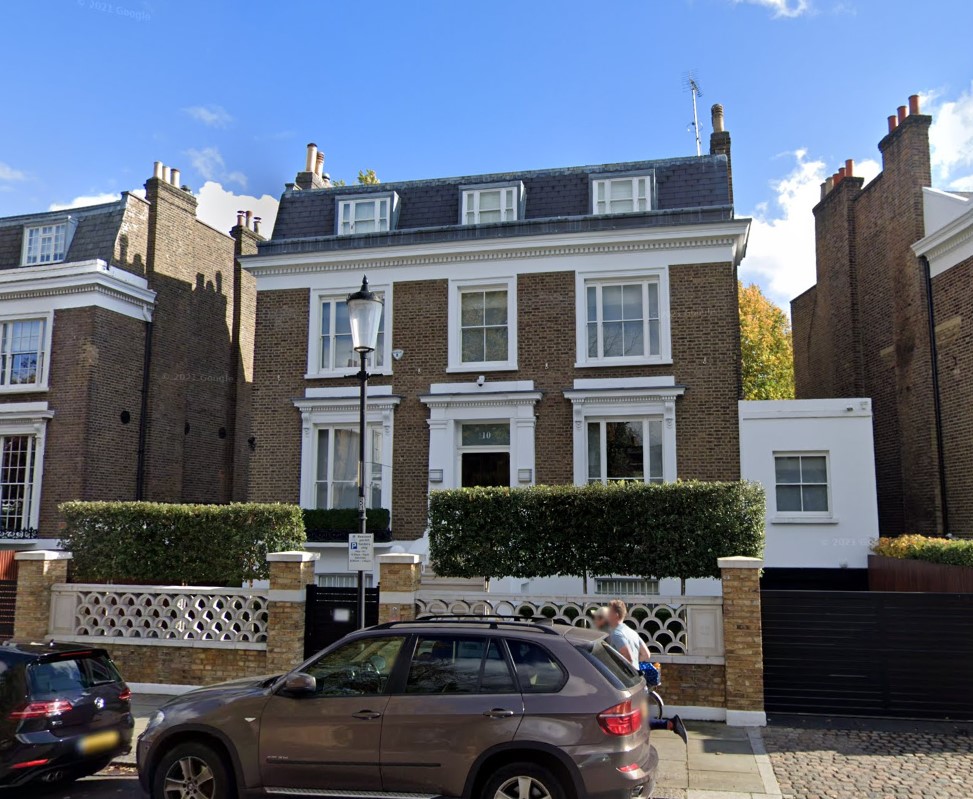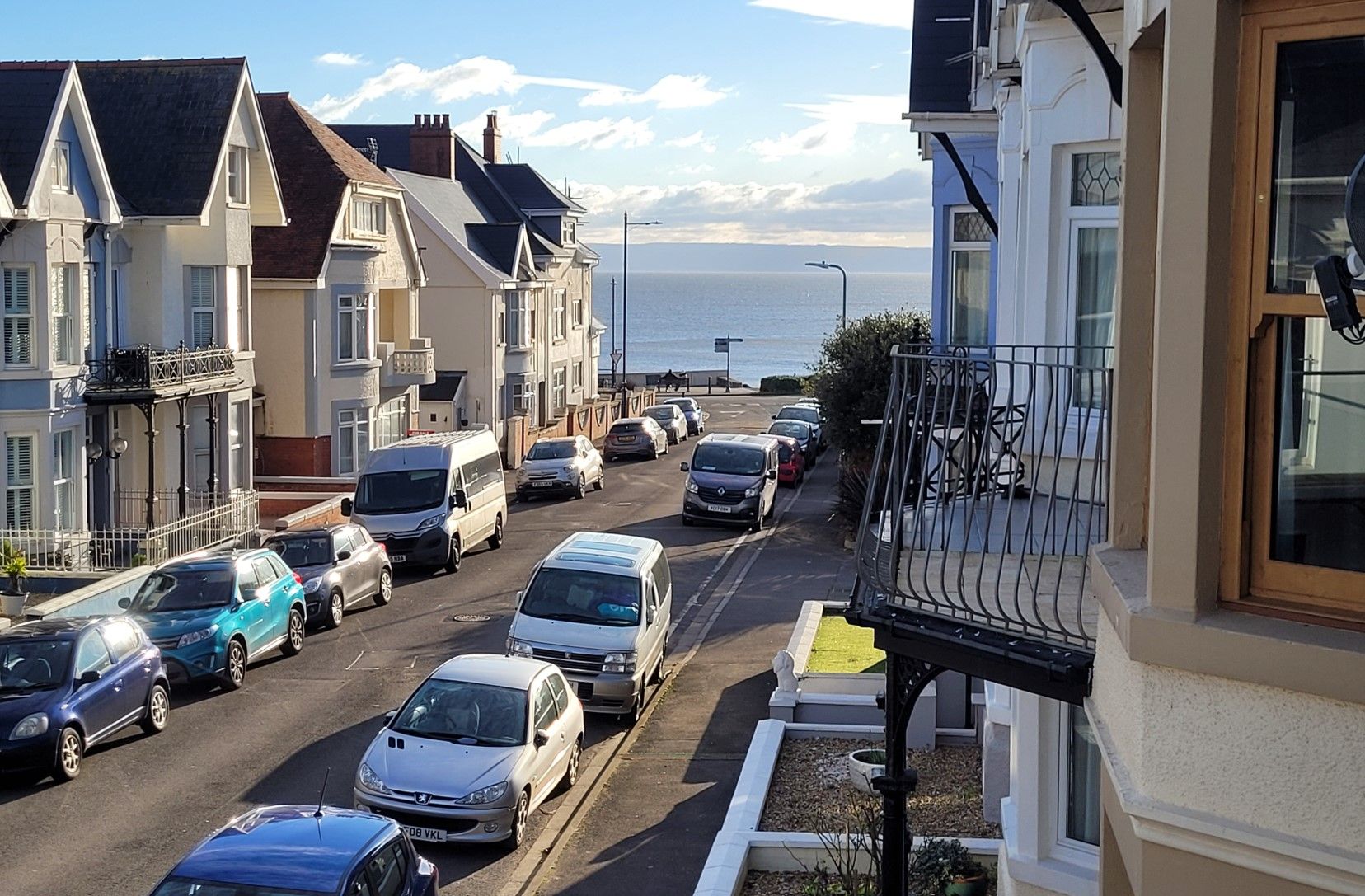Homeowners in the top council‑tax bands could see their bills almost double if proposals being considered by the Treasury and the Institute for Fiscal Studies (IFS) are adopted.
The plan, which would target bands G and H, might raise around £4.4 billion a year, with surging house prices widening the gap in the current, 1991-based system.
Chancellor Rachel Reeves is said to be reviewing the idea ahead of the November 2025 Budget, as pressure grows to boost public finances.
Where you live could make a huge difference to your potential bill, with some regions facing much larger increases than others. We reveal if your home is in one of the areas most likely at risk.
Who is suggesting the rise — and why?
The IFS’s Options for Tax Increases report, which outlines ways the government could raise more money, suggested the increase in council tax.
The IFS says council tax is “regressive”, meaning people in expensive homes pay less as a share of their property’s value than those in cheaper ones. “Council tax (before any discounts) is currently a lower percentage of property value for high-value properties than for low-value properties,” the report explains.
For example, B and H homes pay around three times as much as Band A homes in the same area, even though they were worth “at least eight times as much – and usually far more – in 1991.”
The IFS says this structure is “hard to justify” and suggests raising rates for higher bands to make the system fairer. Local authorities, it adds, could still choose to adjust other bands to keep average bills steady.
Which homes could be affected most?
If the government adopted the IFS’s most ambitious option – doubling Bands G and H – it would affect about 4% of homes in England.
The IFS estimates this could bring in £4.4 billion in 2029–30. Under this scenario, owners of a typical Band G home could pay around £3,800 more a year, while those in Band H could pay about £4,560 more. That would take annual bills to around £7,600 and £9,120 respectively.
According to the IFS report: “Either of these options would make council tax less regressive, but the latter would be more radical, with much sharper increases for a smaller set of properties.”
Where could council tax rise the most?

The IFS warns that because council-tax bands are still based on property values from 1991, any rise would not always hit the most valuable homes today.
“Properties in the highest bands are not those that are worth most today, but those that were worth most in 1991 – a very different set,” the report says.
House prices have risen around sevenfold in London since 1991 but only fourfold in the North East, according to the HM Land Registry. That means some of the priciest modern homes are under-valued for council tax, while many northern homes are paying more than their fair share.
The IFS says a full revaluation of homes is “long overdue” to make the system fairer and more consistent.
A Treasury spokesperson said it is “considering options for council-tax reform” as part of a wider review of property taxation ahead of the November 2025 Budget.
View the original article and our Inspiration here


Leave a Reply